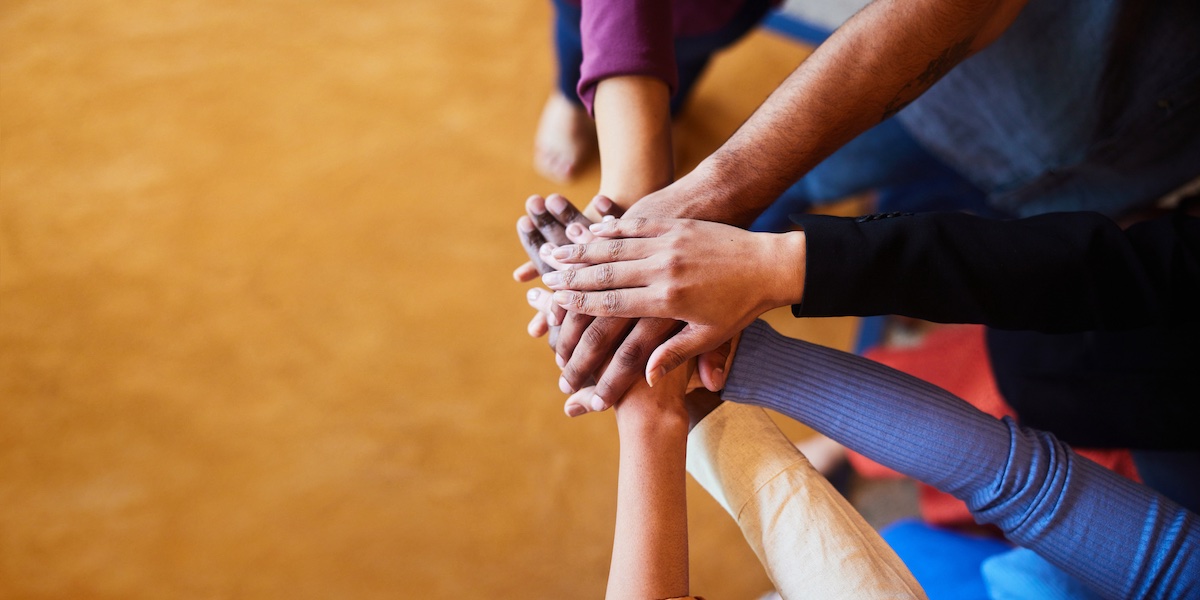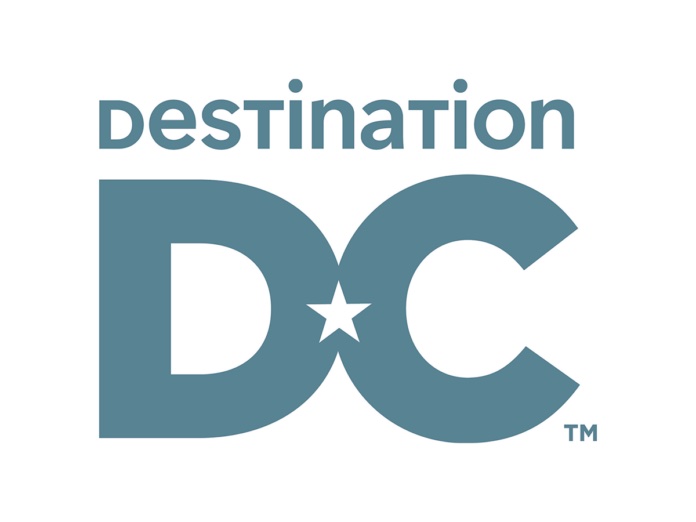The meeting and event industry continues to recognize the importance of varied voices to help drive innovation and ensure everyone feels welcome.
Diversity, equity, inclusion and belonging (DEIB) may be facing greater challenges as of late, but MPI’s World Education Congress (WEC) in St. Louis, June 18-20, is offering professional development on these important subjects with sessions such as “#RealTalk: Cultural Competence 2.0 - Allyship Beyond the Basics,” sponsored by Destination DC.
To learn more about what’s planned, we reached out to two of the panelists for that session—Khris Baizen (he/him), senior director of production sales at Encore and chair of the MPI EDI Global Advisory Committee, and Cameron Curtis, CMM, CAE (she/her), president and chief innovator at C2 Association Strategies and CEO of the LGBT Meeting Professionals Association—and also spoke with Bill Adams, director of convention sales, Destination DC.
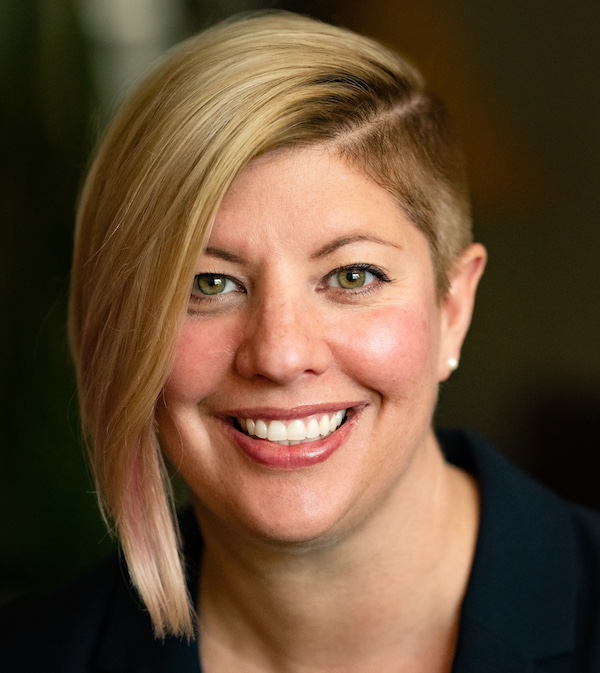
What defines an ally in the context of your WEC session “#RealTalk: Cultural Competence 2.0 - Allyship Beyond the Basics”?
Cameron Curtis (pictured, above): A true ally doesn’t sit quietly on the sidelines in comfort or neutrality. An ally takes risks, disrupts the status quo and steps into hard conversations—not for credit, but because it’s the right thing to do. Real allyship demands more than kindness or good intentions; it requires action, accountability and the courage to confront injustice head-on, even when it costs you something. In the global event industry, that means advocating for inclusive spaces—not just for the LGBTQ+ community, but also across race, ethnicity, gender identity, neurodiversity, ability and more.
Allyship is about persistence, not perfection. It’s not a title you claim, it’s a practice you prove every day. It means understanding that impact matters more than intention, and being willing to listen to understand, change and try again. Done right, allyship dismantles barriers, not just for one group, but for all of us. That’s what “beyond the basics” [in the session title] really means: moving from awareness to action, using your platform to uplift historically marginalized voices and committing to the long game. Allyship isn’t performative. It’s personal. And it’s ongoing.
Khris Baizen (pictured, below): In this session, we’re focusing on what it means to move from performative allyship to transformational partnership. It’s about forging alliances across identities and building true belonging.
A real ally is someone who listens to understand, not to respond. They create space, pass the mic and use their influence to challenge inequity. At this session, we’re challenging attendees to move beyond performative gestures and toward deep, sustained connection.
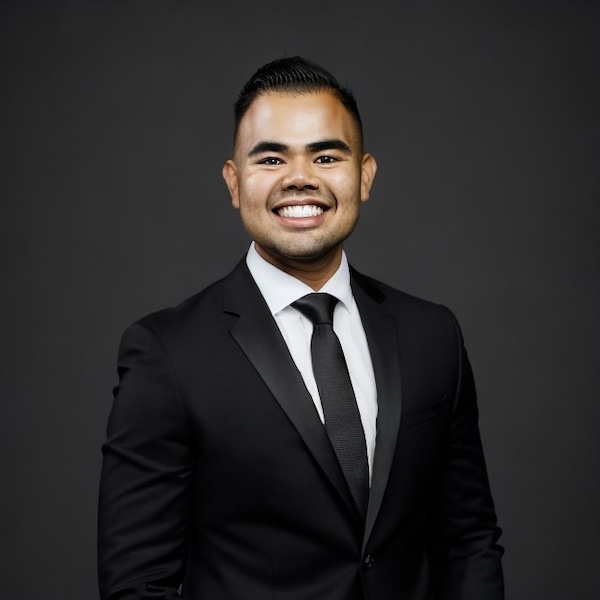
What’s a common misconception about allyship?
Baizen: That it has to be big to be meaningful. Sometimes allyship is a quiet check-in, a repost, a behind-the-scenes “I’ve got your back.” The small moments matter—they build trust. [Allyship doesn’t have to] always be visible or loud. Some of the strongest forms of allyship happen quietly—like stepping in to advocate for someone when they’re not in the room or offering feedback to a peer about a harmful behavior. It’s not about grandstanding. It’s about consistency.
Curtis: A common misconception is that allyship is a label you can claim just because you care or have good intentions. Another misconception is that neutrality is enough. But neutrality protects the very systems we’re trying to change. Real allyship means stepping into discomfort, speaking up when others stay silent or say the wrong thing and using your influence to shift culture, not just policies.
In the global event industry, where optics sometimes take priority over authenticity, it’s easy to fall into the trap of performative gestures. But checking a box, adding a rainbow logo during Pride Month or including a pronoun field on a registration form doesn’t create equity, inclusion or belonging. Real allyship lives in the everyday choices we make, driven by empathy, accountability and a shared responsibility to advocate across differences.
What do you hope attendees take away from this session?
Curtis: I hope attendees leave this session understanding that allyship isn’t just about what you believe—it’s about what you do. It’s a call to action to move beyond statements and symbols and start embedding diversity, equity, inclusion and belonging into the way we plan, lead, hire, partner and show up every single day. We all have influence, whether it’s a big platform or a single seat at the table. Ask harder questions. Challenge biased norms. Make space for voices that are too often overlooked. Speak up when you see discrimination. Don’t wait for the perfect words, start with honest ones. Allyship is about committing to the work, even when it’s messy, and continuing to learn, even when you think you’ve got it right.
If everyone in the session leaves with one commitment to act—to advocate, to amplify, to change one policy, one conversation, one room—this industry would look different. That’s the power we have when we stop sitting on the sidelines and start showing up for one another.
Baizen: [I hope attendees leave understanding] that inclusion isn’t the work of one department—it’s everyone’s responsibility. We hope this session helps people see that their voice, their empathy and their daily choices can create a more connected and resilient industry.
Beyond attending your WEC session, what’s one action event professionals can take soon and on their own to help support marginalized communities or peers from marginalized groups?
Baizen: Start by listening—really listening. Reach out to someone whose lived experience is different from yours and just ask, “What’s one thing you wish more people understood?” Then, hold space for the answer.
Curtis: Start by looking inward. Take time to audit your own personal and professional spaces and ask yourself who’s missing and whose voices aren’t being heard, then commit to actively changing that. You don’t have to wait for a big initiative. Reach out to a peer from a marginalized community and ask how you can support, not performatively, but with sincerity and follow-through. Advocate for their inclusion in rooms where decisions get made. Small, intentional actions like these ripple out—and in an industry built on connection, that ripple matters.
Destination DC: Committed to DEI
The official DMO for the U.S. capital, Destination DC is proud of the city’s diverse and inclusive history, its present and future—and is also dedicated to inclusivity in the meeting and event industry, sponsoring the MPI Black Meeting Professionals Community and the WEC session “#RealTalk: Cultural Competence 2.0 - Allyship Beyond the Basics.” Bill Adams (MPI Potomac Chapter), director of convention sales for Destination DC, offers some insight into why this is important for the organization and destination.
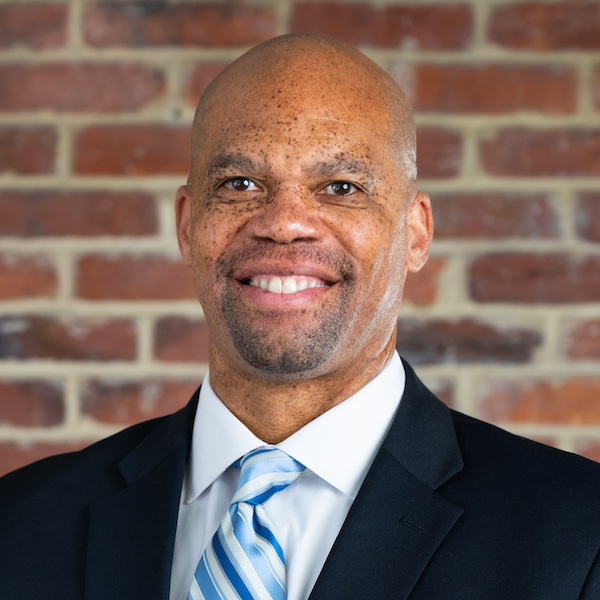
Can you share the importance of understanding allyship for your organization and/or perhaps for the event industry?
Bill Adams: Allyship is not a one-time act—it’s an ongoing commitment to listen, learn and take meaningful action. At Destination DC, allyship is key to how we build relationships, foster community and serve our members, customers, partners and visitors. In the event industry, where collaboration and connection are necessary, understanding allyship ensures that all voices are welcomed, valued and heard. Supporting this WEC session reflects our belief that deeper cultural competence leads to more inclusive, impactful experiences for everyone.
What do you think event professionals at large most need to understand about allyship?
Adams: Event professionals must recognize that allyship requires intentionality—it’s not just about being inclusive in words, but also in planning, execution and follow-up. From diverse speaker selection and accessible venues to equitable hiring practices and safe spaces, allyship shows up in the details. It’s about using our platforms to amplify underrepresented voices and creating environments where everyone feels they belong. The more we adopt this mindset into our everyday practices, the more impactful our events become.
Are there any DEI-related updates from Destination DC that you’d like to share?
Adams: Destination DC remains committed to DEI—not just in principle, but in practice. We continue to invest in programs that support underrepresented tourism businesses through our DEI Business Fellowship, which provides marketing, networking and business development resources. Internally, we’re focused on equity in hiring and advancement, and we provide ongoing DEIB education to staff and stakeholders. We believe that true progress happens through sustained effort, and we’re proud to keep this work at the forefront.
What makes D.C. such a welcoming destination for diverse visitors from all over the world?
Adams: Washington, D.C., is a city that tells the stories of many cultures, communities and movements—all within one dynamic destination. As the nation’s capital, and as a city that was built to gather, Washington, D.C., is a city where diversity isn’t just present, it’s celebrated. From historic neighborhoods and Black-owned businesses to embassies, inclusive events such as World Pride and a wide array of cultural institutions, D.C. offers a diversity of experiences that reflect the world. Our city thrives because of its openness, and we welcome every visitor to feel seen, respected and inspired here.
